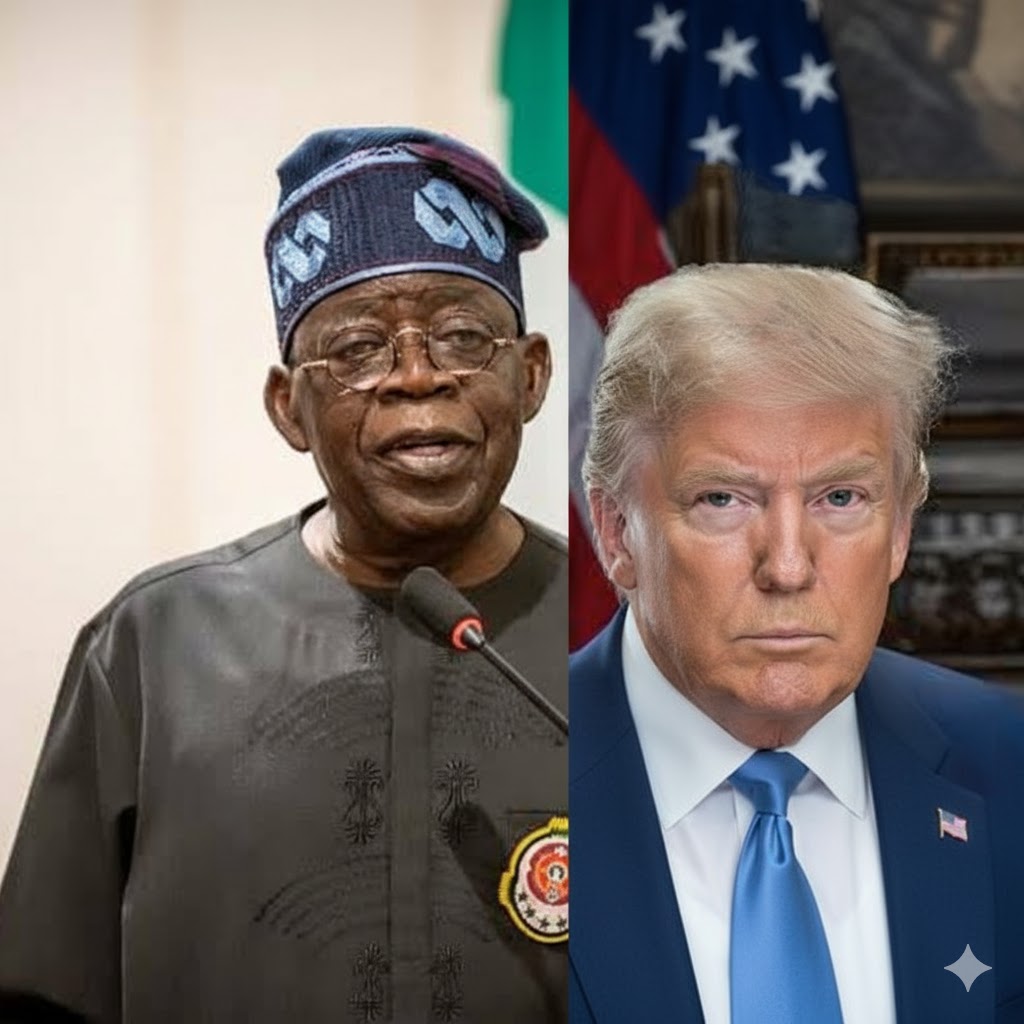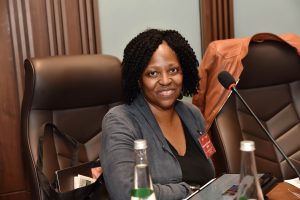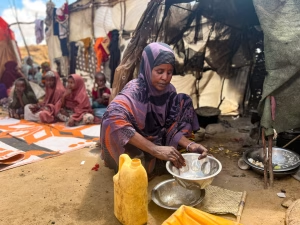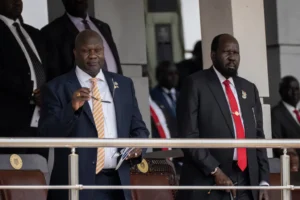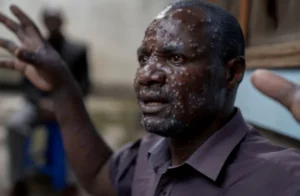Nigeria says it is engaging with the United States government to address concerns raised over alleged religious persecution following Washington’s decision to list the country as a “Country of Particular Concern.”
The designation, announced on Friday by U.S. President Donald Trump, places Nigeria among nations identified by the U.S. State Department as engaging in or tolerating severe violations of religious freedom. Other countries on the list include China, Myanmar, North Korea, Russia, and Pakistan.
Responding to the development, President Bola Tinubu said Nigeria remains committed to upholding constitutional guarantees that protect citizens of all faiths.
“The characterisation of Nigeria as religiously intolerant does not reflect our national reality, nor does it take into consideration the consistent and sincere efforts of the government to safeguard freedom of religion and beliefs for all Nigerians,” Tinubu said in a statement on Saturday.
He added that his administration is working closely with the U.S. and other partners to promote understanding and ensure the protection of vulnerable communities.
“Nigeria is a country with constitutional guarantees to protect citizens of all faiths. Our administration is committed to working with the United States government and the international community to deepen understanding and cooperation on protection of communities of all faiths,” the President stated.
Earlier, Nigeria’s Ministry of Foreign Affairs reaffirmed the government’s commitment to religious tolerance and inclusion, describing diversity as the nation’s strength.
“The Federal Government of Nigeria will continue to defend all citizens, irrespective of race, creed, or religion. Like America, Nigeria has no option but to celebrate the diversity that is our greatest strength,” the ministry said in a statement.
“Nigeria is a God-fearing country where we respect faith, tolerance, diversity, and inclusion, in concurrence with the rules-based international order,” it added.
In Washington, President Trump directed the U.S. House Appropriations Committee to examine reports of Christian persecution in Nigeria and submit findings to the White House.
Chairman of the Committee, Representative Tom Cole, confirmed the move in a post on X, noting that the designation “sends a strong message: the U.S. will not ignore Christian persecution.”
A U.S. congressional subcommittee had earlier in the year held hearings on religious freedom and reported attacks on Christian communities in Nigeria’s northern and central regions.
The Nigerian government has repeatedly maintained that insecurity in the country affects citizens of all faiths and ethnic backgrounds, and that ongoing efforts are aimed at addressing violence without bias or discrimination.
🟩 Fact Box: What It Means to Be Designated a “Country of Particular Concern” (CPC)
Issued by:
The United States Department of State under the International Religious Freedom Act (IRFA) of 1998.
Definition:
A “Country of Particular Concern” (CPC) is any nation that has “engaged in or tolerated particularly severe violations of religious freedom,” including acts such as imprisonment, torture, or persecution based on religion or belief.
Implications of the Designation:
The U.S. government may impose diplomatic or economic sanctions, restrict military aid, or pursue targeted engagement with the listed country.
The designation is reviewed annually by the U.S. State Department, based on reports from international and local observers.
It serves as a foreign policy tool to encourage reforms and promote human rights protections.
Countries currently listed (2025):
Nigeria, China, North Korea, Russia, Myanmar, Pakistan, Iran, Saudi Arabia, and Eritrea.
Context:
While the designation does not automatically trigger sanctions, it raises international scrutiny and can influence U.S. foreign policy decisions, humanitarian aid, and bilateral relations.

